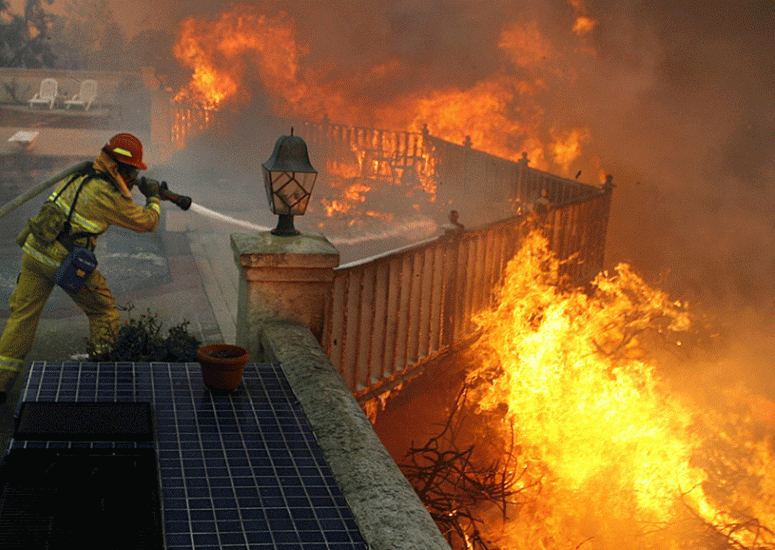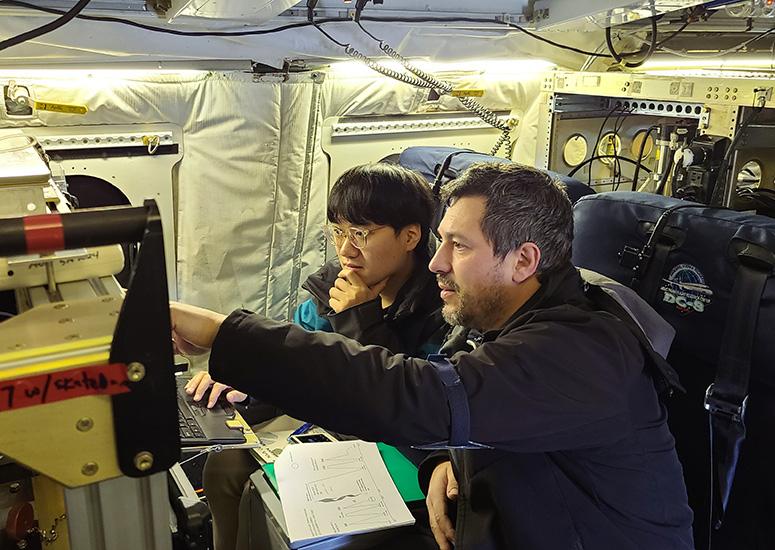-
Wildfire experts available to explain fire behavior, potential impacts
NSF NCAR scientists are studying key aspects of wildfires.
- Air Quality,
- Climate
-

Let the forecasting games begin
As athletes worldwide prepare for the Paris 2024 Olympics, the best of the best in weather research are also gearing up for a friendly competition. Several international weather research and forecasting organizations will collaborate to provide high-resolution forecast information for Olympics organizers as well as test the capabilities of experimental air quality and weather forecasting models.
- Air Quality
-

Fires pose growing worldwide threat to wildland-urban interface
Fires that burn through the wildland-urban interface are becoming more frequent worldwide, and the trend is likely to continue.
- Air Quality
-

NSF NCAR scientists participate in mission to measure air quality over Asia
Scientists from the U.S. National Science Foundation National Center for Atmospheric Research (NSF NCAR) have begun a four-country deployment focused on obtaining airborne observations of air quality over some of Asia’s largest cities.
- Air Quality
-

Northern tropical Africa not the significant carbon source satellite data suggests
The forests and grasslands of northern tropical Africa take in about as much carbon dioxide in the wet season as they release in the dry season, according to a new study based on observations from aircraft. The findings contradict earlier research that relied on satellite data and found that these ecosystems may be adding significantly more carbon to the atmosphere than they absorb over the course of a year.
- Air Quality,
- Climate
